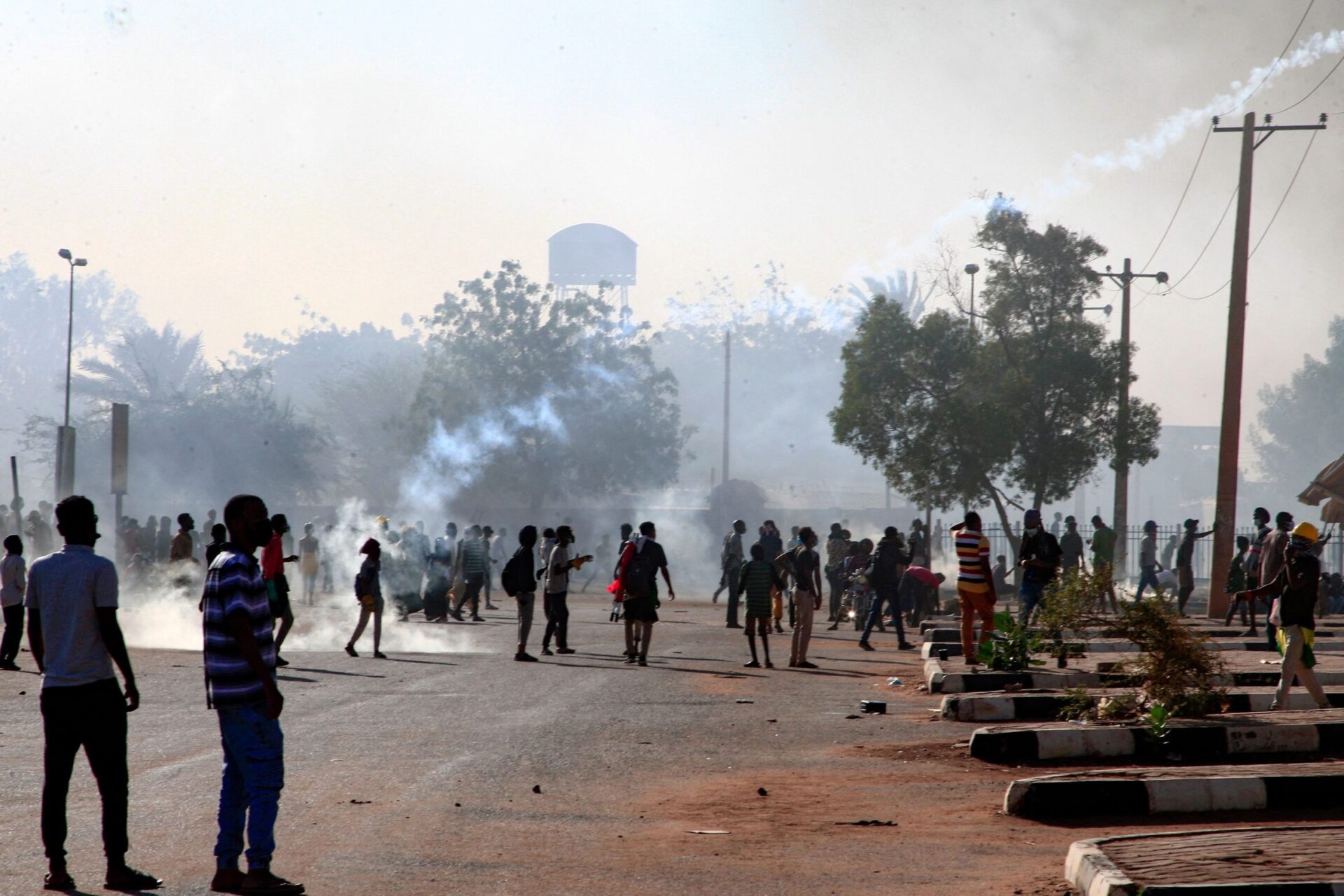Sudan’s army is incapable of running the impoverished country and new leaders are needed to stem further unrest, the United Nations special envoy said, after the prime minister’s Sunday resignation once again left the military in sole charge.null
The generals, who launched a coup in October before restoring Premier Abdalla Hamdok to office the following month, are unable to salvage a democratic transition that was supposed to lead to free elections in 2023, Volker Perthes said in an interview. The process must be spearheaded by credible civilian politicians backed by the street, he said.null
“I don’t see any single actor being able to do that — certainly not the powers that be,” said Perthes. Instead, it needs “a comprehensive conversation” that’s “as inclusive as possible and brings at least a minimum agreement on the next steps.” He said he’d met with senior officials to discuss the issue, without elaborating.
Sudan, where long-time dictator Omar al-Bashir was ousted in 2019 amid mass protests, has been mired in new unrest since the military overthrew the civilian component of a power-sharing government and derailed a transition that appeared a rare bright spot in the Horn of Africa region marked by civil war and tyranny. At least 57 protesters have been killed in the subsequent crackdown.
The U.S. and World Bank were among those to suspend aid, compounding a bleak economic outlook. “I think it will take the international community some time to resume it if you don’t have a new credible government in Khartoum,” Perthes said.
Hamdok, an ex-UN economist, was restored to office in November in a deal rejected by protesters, but quit Jan. 2 saying attempts to share power with the army had failed. Hamdok repeatedly complained the military, typically the arbiter of power since Sudan’s 1956 independence, was preventing him from making political appointments, according to foreign officials aware of the disputes.
In a statement Monday, top general Abdel Fattah al-Burhan suggested Sudan should form an independent, technocratic government.
“The country is on a slippery slope,” Perthes said, adding that the coup had inflamed inter-communal violence in the western region of Darfur, where hundreds of thousands of people have fled their homes.
The envoy declined to describe Sudan’s democratic experiment as a failure. “That would mean giving up on the aspirations of all those Sudanese who want and still want a transition to democracy and peace,” he said.


